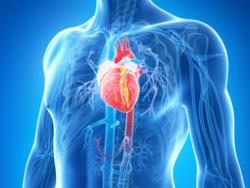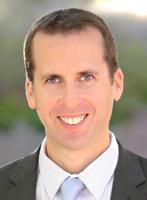 The Egg Nutrition Center of the the American Egg Board, recently circulated reports related to current research on egg consumption. In summary eggs represent an important part of a healthy diet supplying six grams of protein, essential fatty acids, vitamins and carotenoids including lutein with an intake of 70 calories per large egg. No deleterious effect is associated with the daily consumption of one egg by people free of existing cardiovascular disease.
The Egg Nutrition Center of the the American Egg Board, recently circulated reports related to current research on egg consumption. In summary eggs represent an important part of a healthy diet supplying six grams of protein, essential fatty acids, vitamins and carotenoids including lutein with an intake of 70 calories per large egg. No deleterious effect is associated with the daily consumption of one egg by people free of existing cardiovascular disease.
 The American Heart Association Nutrition Committee published a science advisory on dietary cholesterol in relation to cardiovascular risk in 2019. The Committee concluded that specific dietary cholesterol intake targets are difficult to implement given endogenous synthesis. In a departure from conventional thinking the Committee focused on dietary patterns to improve nutritional quality to support cardiovascular health. They concluded that healthy individuals may include up to one whole egg daily in heart-healthy diets. For older healthy consumers, an intake of up to two eggs per day is acceptable. Vegetarians can include more than an egg a day in their diets to supply necessary nutrients.
The American Heart Association Nutrition Committee published a science advisory on dietary cholesterol in relation to cardiovascular risk in 2019. The Committee concluded that specific dietary cholesterol intake targets are difficult to implement given endogenous synthesis. In a departure from conventional thinking the Committee focused on dietary patterns to improve nutritional quality to support cardiovascular health. They concluded that healthy individuals may include up to one whole egg daily in heart-healthy diets. For older healthy consumers, an intake of up to two eggs per day is acceptable. Vegetarians can include more than an egg a day in their diets to supply necessary nutrients.
|
The Australian Heart Association has concluded that there is no evidence suggesting that a limit on egg consumption would be justified for normal healthy individuals. They noted that a limit of seven eggs per  week was inappropriate for individuals with Type 2 diabetes or existing cardiovascular disease. week was inappropriate for individuals with Type 2 diabetes or existing cardiovascular disease.
The Harvard School of Public Health issued a follow-up report in 2020 supplementing the findings of previous epidemiologic research published in 1999 based on the Nurses’ Health Study and the Health Professionals Follow-up Study. These retrospective evaluations concluded that an egg per day did not impact the incidence of heart disease or stroke.
|

Dr.Micky Rubin ENC |
|
|